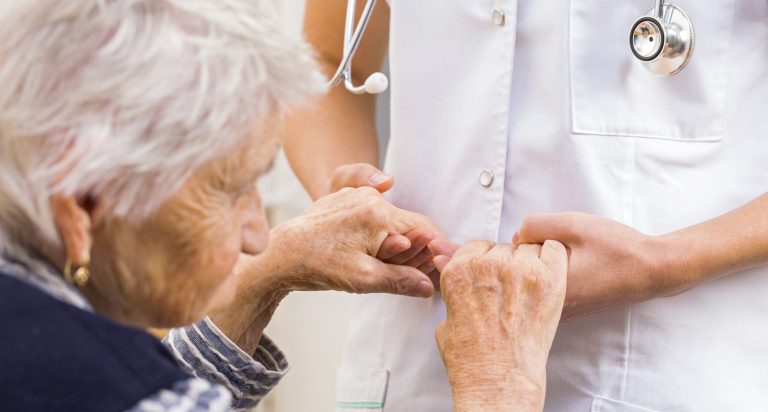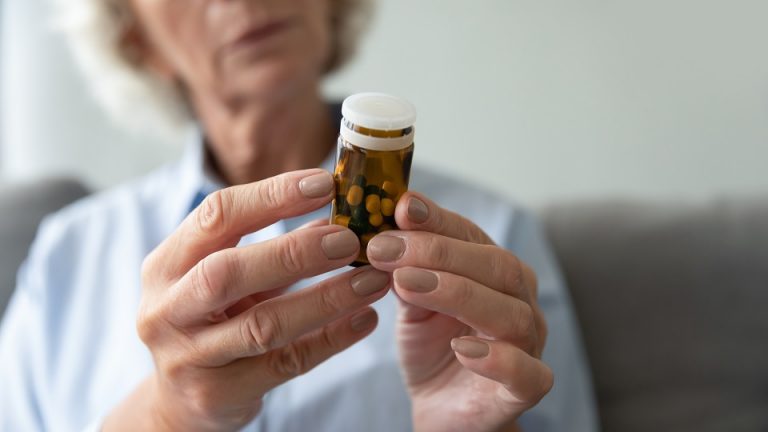
As you know, your blood is a liquid and when it hardens into a solid, it is considered a blood clot. There are different types of blood clots such as one that forms in the deep vessels of the lower extremities like your legs. This type can lead to a deep vein thrombosis (DVT) and if it travels to the lungs, it may cause a pulmonary embolism (PE).
“The risk of death is real, especially if these clots are left untreated,” says Nesochi Okeke-Igbokwe, MD, an internal medicine physician at NYU Langone Medical Center. “It’s important for patients to recognize the signs and symptoms of DVT and PE in order to get early diagnosis and treatment.”
It’s important to know the risk factors for keeping clots at bay, so check them out!

























